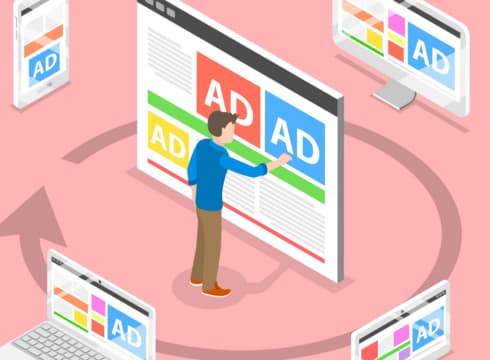All educational institutions including the edtech platforms will be subject to adhere these guidelines
Advertisements must not contain messaging that might result in physical, mental, or moral distress of students or exploit their vulnerability: ASCI
Many advertisements of edtech firms in the country make misleading claims and reinforce a narrow view of education, an earlier report of ASCI found
Inc42 Daily Brief
Stay Ahead With Daily News & Analysis on India’s Tech & Startup Economy
At a time when edtech firms are under the scanner for a variety of reasons and concerns have been raised over the advertisements of many of these platforms, the Advertising Standards Council of India (ASCI) has proposed revised guidelines for the education sector.
All educational institutions, including universities, colleges and schools to coaching classes, edtech platforms and others that offer education and training programmes, will be subject to follow these guidelines.
In its recommended amendment to the “Guidelines for Advertising of Educational Institutions, Programmes and Platforms”, ASCI has focussed on physical and mental health of young students.
Public consultation for the guidelines starts from March 14, 2023 and will continue until April 15, 2023.
What Has Been Proposed?
Besides being truthful in their claims, such advertisements must not contain messaging that might result in physical, mental, or moral distress of students or exploit their vulnerability, ASCI said.
The guidelines restrict advertisers to show students compromising on sleep or meals in order to study as this normalises unhealthy habits which are detrimental to student health, ASCi said.
Moreover, an advertisement should not portray an average or poor scorer as an unsuccessful student or a failure, or show him/ her/ them as demotivated, depressed, or unhappy, or receiving less love or appreciation from parents, teachers or peers.
Creating a false sense of urgency or the fear of missing out which could accentuate parental or student anxieties regarding education, associating certain subjects with specific genders, are some of the other guidelines that have been proposed under the draft amendment.
“Advertisers must consider any harm that can be caused through depictions or messages to young, impressionable minds. These updated guidelines will go a long way in ensuring that emerging fields such as edtech can be harnessed as forces of good,” Manisha Kapoor, CEO and secretary general of ASCI, said.
In this year, the education sector has contributed to 27% of objectionable ads that ASCI had processed. Here, advertisements related to traditional education accounted for 22% and edtech 5%. A recent study conducted by ASCI also revealed that 49% of parents chose edtech platforms based on advertising.
Many advertisements of edtech firms in the country make misleading claims and reinforce a narrow view of education, with too much focus on the marks scored, the report added.
“26% of ads make promises guaranteeing success in the form of improving marks, helping students become a topper, etc. Besides the fact that many of these claims are misleading, they also feed into a deeper issue,” the report said.
The edtech space has been one of the worst hit sectors due to the ongoing funding winter resulting in shutdowns and layoffs. As per the Inc42’s layoff tracker, edtech startups sacked more than 8,000 employees till now.
{{#name}}{{name}}{{/name}}{{^name}}-{{/name}}
{{#description}}{{description}}...{{/description}}{{^description}}-{{/description}}
Note: We at Inc42 take our ethics very seriously. More information about it can be found here.


